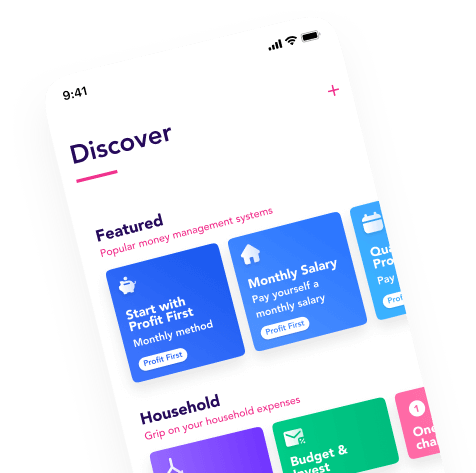
Pocket money is a great way for children to practice using money. They learn spending, saving and resisting impulse buying as they get older. But at what age do you start this? And how much do you give?
You are the example
If your parents were good with money, it is more likely that you can do the same. You yourself can set an example for your children. Children who learn to handle money are financially healthier in later life and can more easily make ends meet, regardless of income. They compare prices, pay attention to special offers, and consider the requirements of a product before buying it. They show less impulsive money behavior.
At what age do you start pocket money
Children understand more and more about money as they get older. By the age of 6, a child can distinguish the different coins. They also learn to do math at school. This is a great time to start. A child of this age tends to spend the money immediately. As they get older, they appreciate money more and more, learn to plan and save.
How much pocket money do you give?
How much pocket money you give depends on what you can spend, the age of your children, and what your child needs to pay for with the money. As long as it is just for practicing spending, planning and saving, €1 - €2 per week may be enough.
If your child needs to pay for more with that money, for example gifts or school supplies, then add a few euros.

Here is an overview of the average pocket money per week for elementary school children:
Age + pocket money per week
5 years: € 0.50
6 years: €1 to €1.40
7 years: € 1 to € 2
8 years: € 1 to € 2
9 years: € 1.10 to € 2
10 years: € 2 to € 2.30
11 years: € 2 up to € 2.30
12 years: € 2.30 to € 3
*Source: Nibud Kinderonderzoek 2018
This is the average amount a parent gives per month to children in secondary school:
Age + pocket money per month
12 years: 17,- to 22,-
13 years: 20,- to 22,-
14 years: 22,- to 25,-
15 years: 22,- to 30,-
16 years: 20,- to 25,-
17 years: 22.- to 26.-
18 years: 21.- to 26.-
*Source: Nibud Scholierenonderzoek 2020
Agreements on pocket money
Children in elementary school usually receive their pocket money every week. When they go to secondary school, this becomes monthly. Clarity around pocket money helps.
- Clearly communicate when your child will receive pocket money and be consistent.
- Agree on what will and will not be paid from the pocket money.
- Strictly stick to the agreements.
Help your child deal with the money. Let them be free to practice. Explain that if you want to buy something big, you have to save up for it. Use examples from your life, if any, when you were saving for something you wanted.
